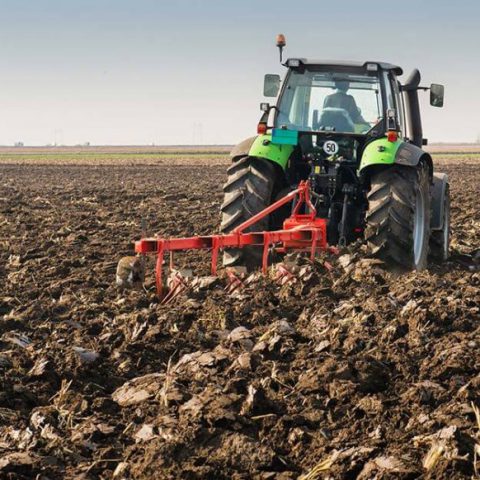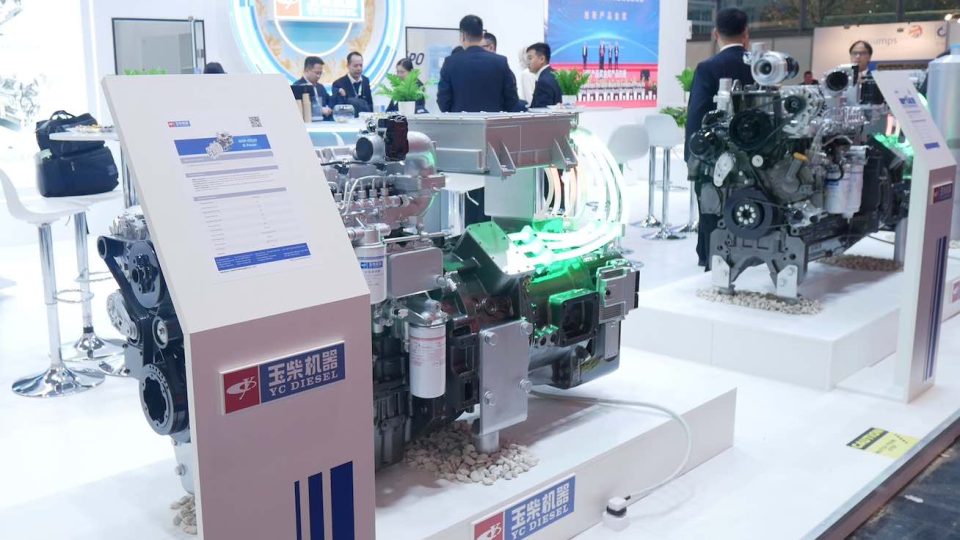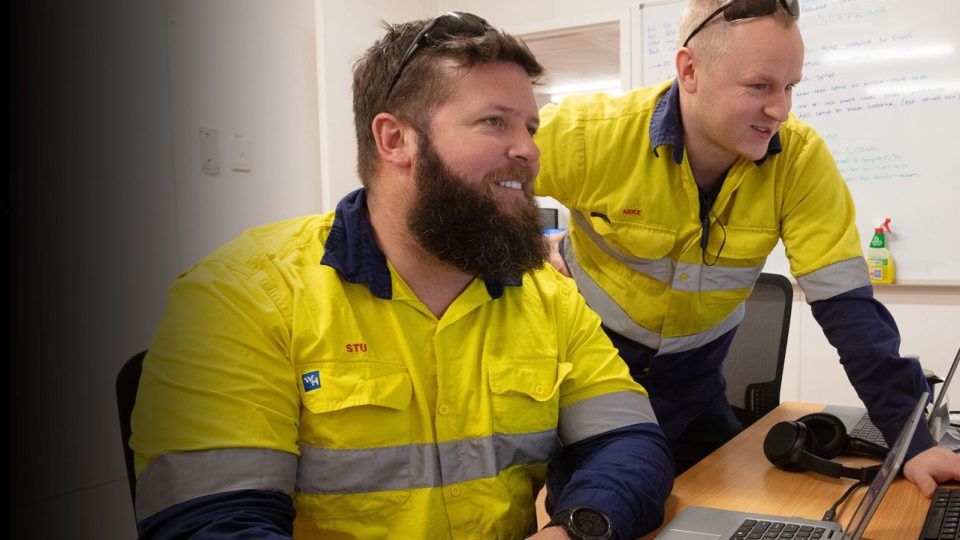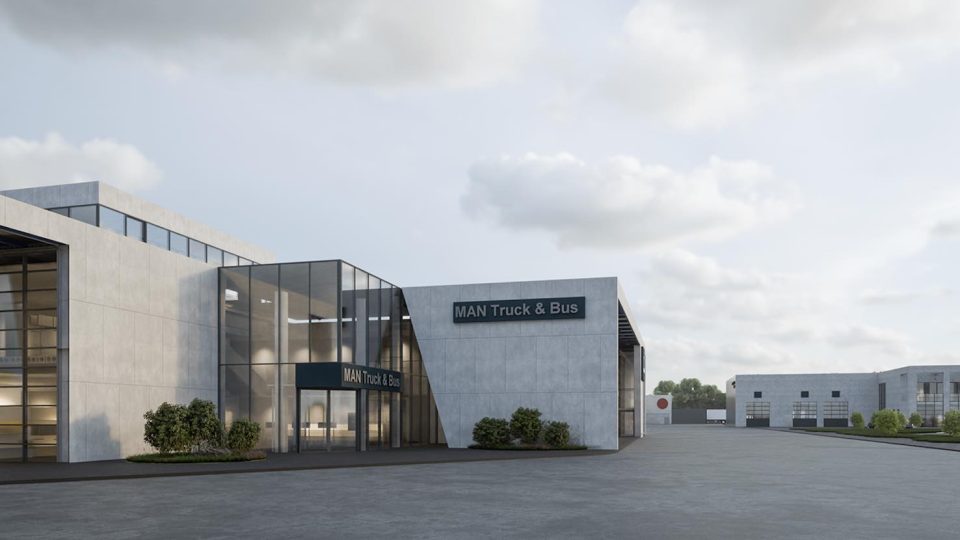Covid-19, swift measures for the transition to Stage V in off-highway?
The transition to Stage V for off-highway machines might be delayed due to the outbreak of coronavirus all over Europe and throughout the world. This is the request coming from the European industry associations representing the non-road mobile machinery sector. SLIGHT INCREASE FOR THE EUROPEAN TRACTOR MARKET IN 2019 In a joint letter sent to […]

The transition to Stage V for off-highway machines might be delayed due to the outbreak of coronavirus all over Europe and throughout the world. This is the request coming from the European industry associations representing the non-road mobile machinery sector.
SLIGHT INCREASE FOR THE EUROPEAN TRACTOR MARKET IN 2019
In a joint letter sent to the European Commission CECE, CEMA, EGMF, EUnited Municipal Equipment & Cleaning, Europgen and FEM ask for a moratorium on the application of 2020 and 2021 deadlines.

The current road map for the transition to Stage V
According to the Regulation, 2020 is the transition phase for Stage V engines in power ranges <56 kW and ≥130 kW and 2021 will be the transition phase for power ranges from 56 kW to 130 kW. Complying with the Regulation’s deadlines, manufacturing and procurement of transition engines have been completed.
Machine manufacturers have now until 30th June 2020 to produce the <56 kW and ≥130 kW machines fitted with these transition engines, and then until 31st December 2020 to place these machines on the EU market. Identical deadlines apply in 2021 for machines in power ranges from 56 kW to 130 kW.

The issue of supplying key components
The cosignatories point out that the COVID-19 outbreak is causing complete interruptions of supply of parts and components. This was the case from China for several weeks and is now starting for other components from Italy and other Member States.
Without essential parts like tyres, axles, hydraulics, lighting & electronic equipment, manufacturers are effectively prevented from completing the construction of the machines by the imposed deadlines. As a result, they will not be able to place the machines on the market with the transition engines they had already acquired. Since it will be no longer possible to use them, these engines will have to be scrapped, which will lead to avoidable economic damage and unnecessary waste of raw materials and resources.







